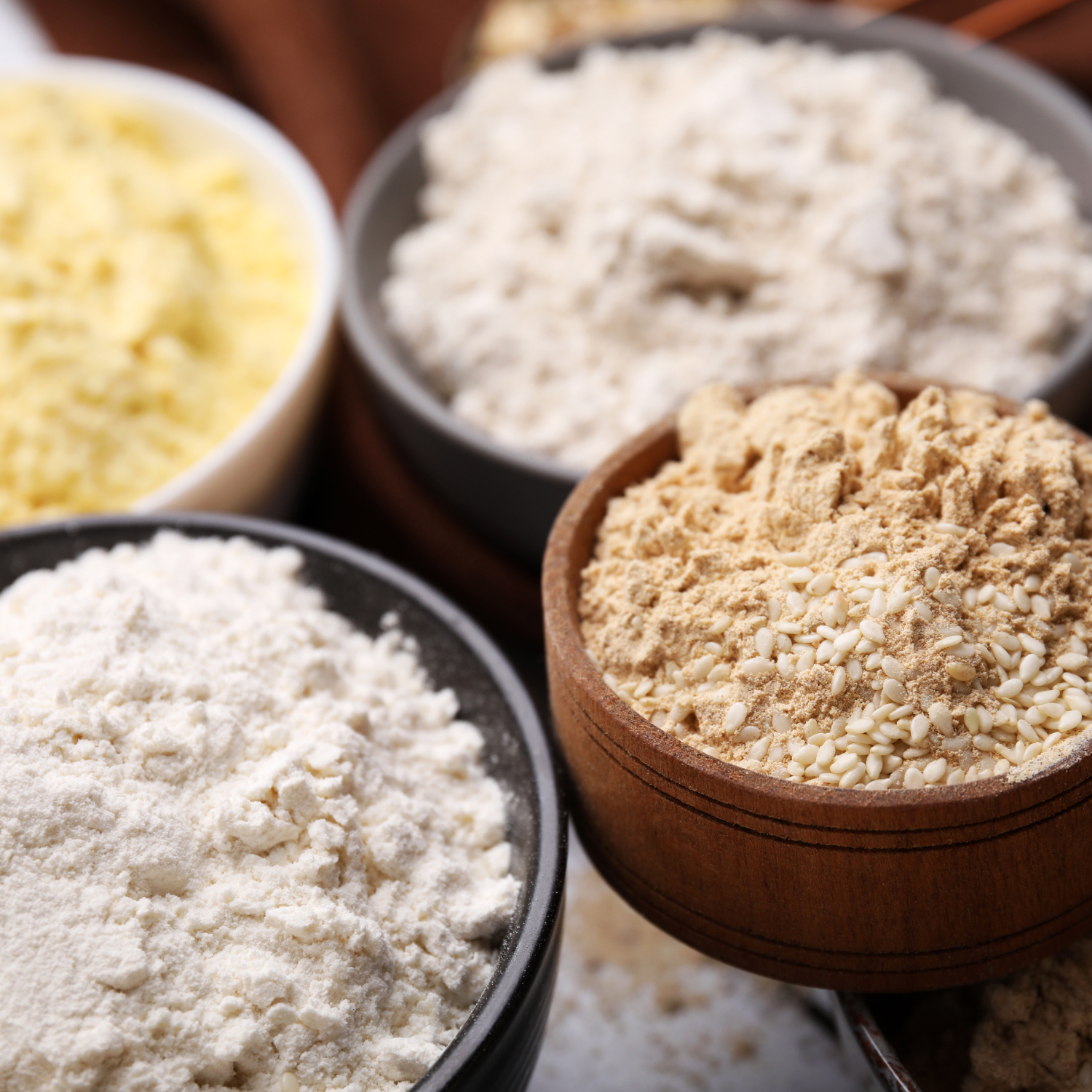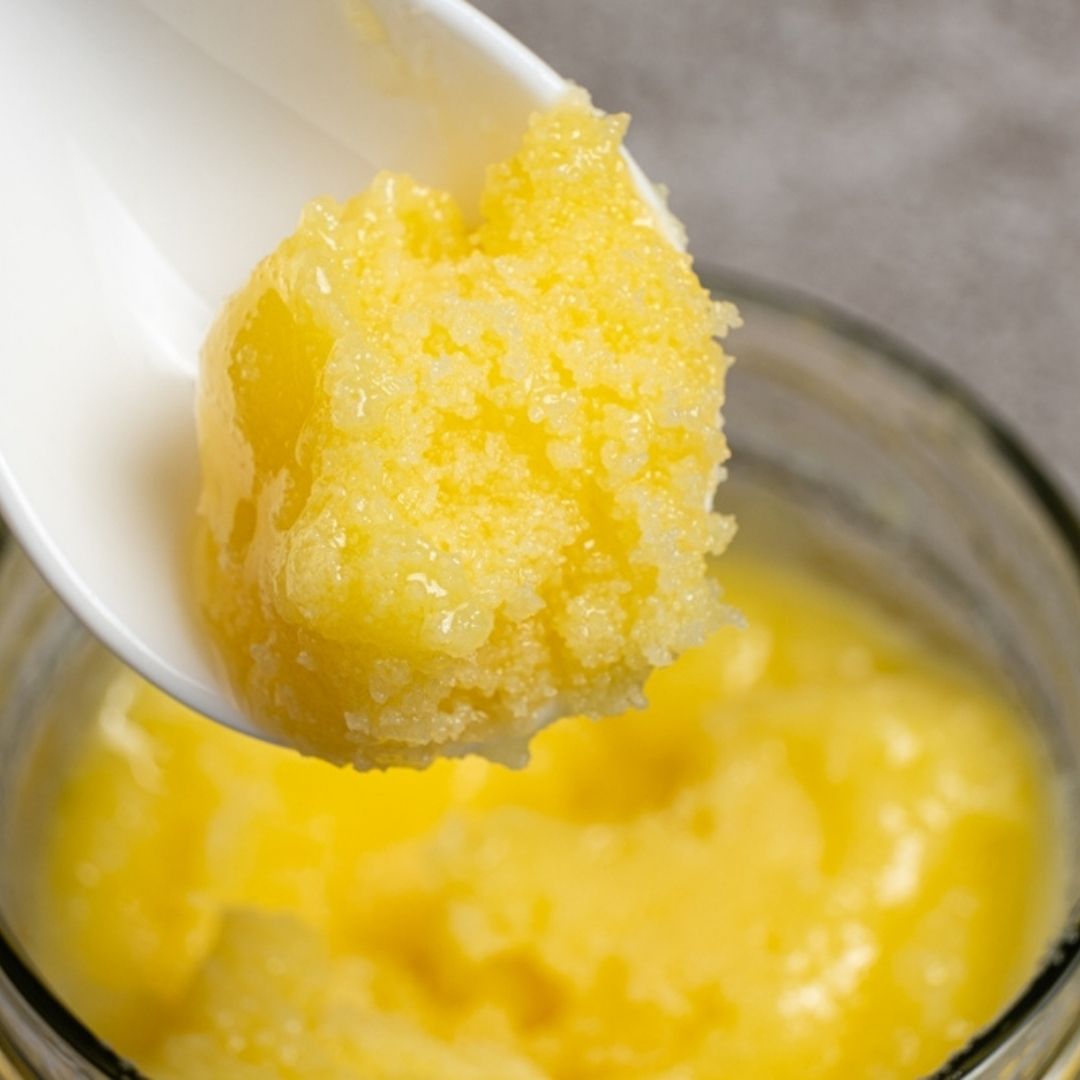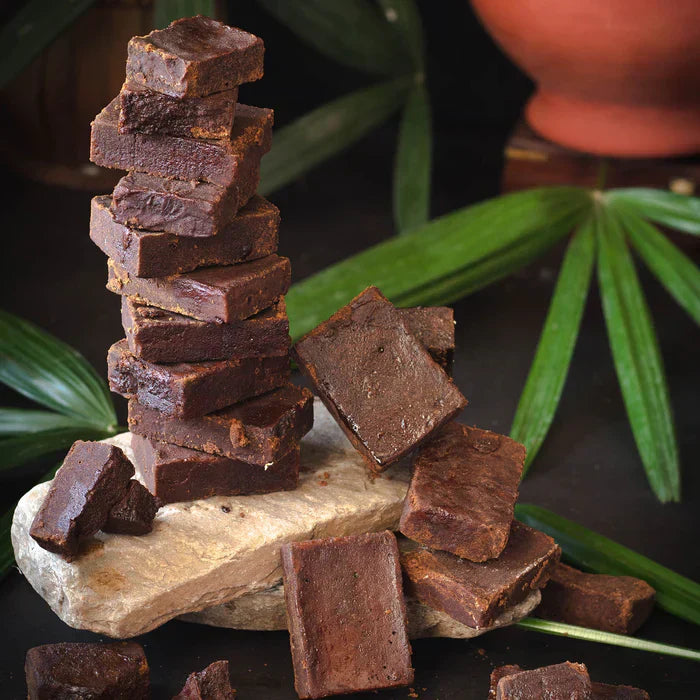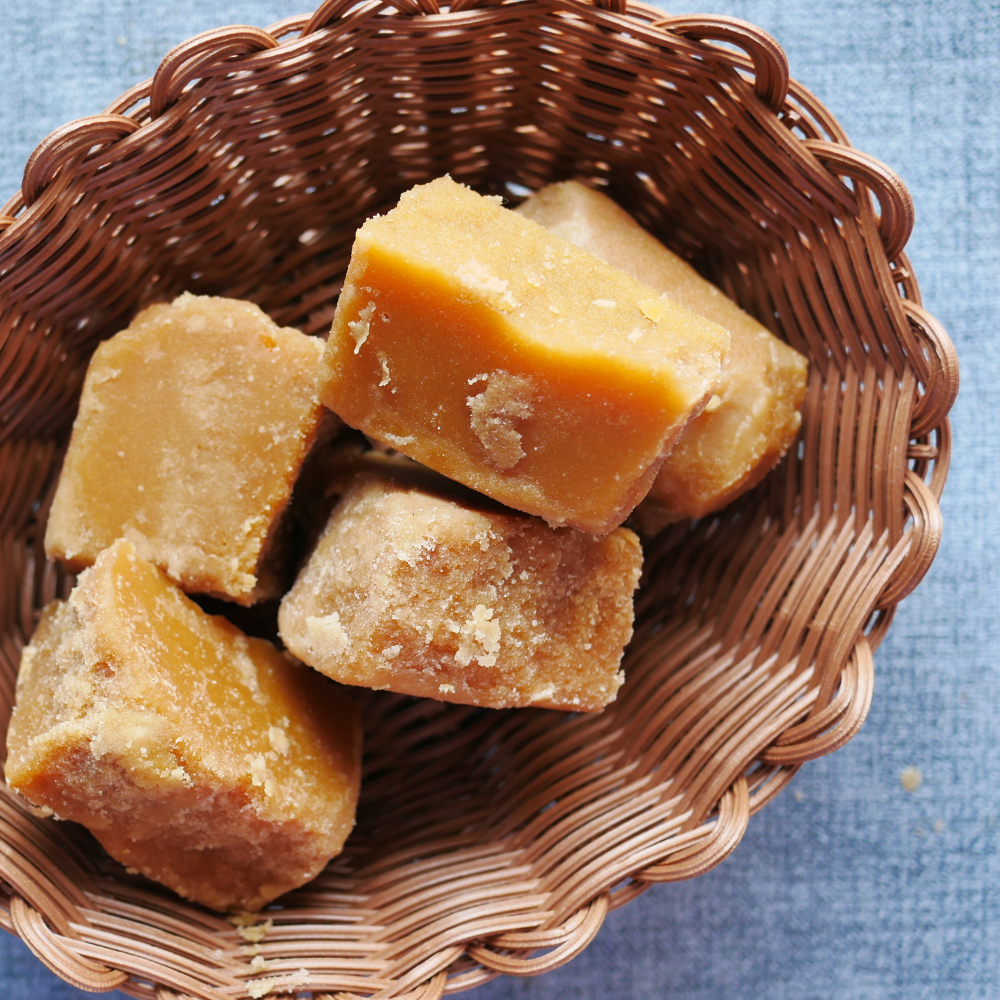Ghee, a traditional Indian staple, is gaining global popularity due to its rich flavor and numerous health benefits. But with the growing demand, the market offers many varieties, including organic ghee, A2 ghee, and regular ghee. While they may seem similar at first glance, there are significant differences in their quality, nutritional value, and sourcing. Understanding these differences can help you choose the best option for your health.
In this blog, we will explore the key differences between organic ghee and regular ghee, why quality matters, and which is better for your health and cooking needs. We will also highlight specific products that showcase the benefits of high-quality organic ghee, such as A2 ghee and herbal-infused ghee products.
What is Ghee?
Ghee, also known as clarified butter, is made by simmering butter to remove water content, milk solids, and impurities, leaving behind pure butterfat. This process enhances its flavor and shelf life. Ghee has been used for centuries in Indian cooking, Ayurvedic practices, and even religious rituals.
Types of Ghee
There are several types of ghee available in the market today:
- Regular Ghee: Typically mass-produced from the milk of cows that may have been fed on grain diets. It lacks the purity and quality of organic or A2 ghee.
- Organic Ghee: Made from milk sourced from cows that are fed organic, pesticide-free grass and are not treated with hormones or antibiotics.
- A2 Ghee: Made from the milk of specific cow breeds like A2 cows, which produce a more digestible type of protein (A2 beta-casein) compared to A1 milk.
The Difference Between Organic Ghee and Regular Ghee
1. Sourcing and Purity
One of the primary distinctions between organic ghee and regular ghee is the source of the milk. Organic ghee is made from the milk of cows that graze on pesticide-free, chemical-free pastures. The cows are not injected with growth hormones, ensuring that the ghee is free from harmful toxins and additives. In contrast, regular ghee may be made from cows that are fed grain-based diets and treated with synthetic hormones, which can affect the quality and nutritional content of the ghee.
2. Grass-Fed vs. Grain-Fed
High-quality organic ghee is often made from grass-fed cows. Grass-fed ghee is rich in nutrients like CLA (Conjugated Linoleic Acid) and Omega-3 fatty acids, which are essential for heart health, reducing inflammation, and boosting immunity. In comparison, ghee made from grain-fed cows lacks these essential nutrients. Brands like Organic Valley Ghee focus on sourcing milk from grass-fed cows to produce nutrient-rich ghee.
3. A2 Ghee vs Regular Ghee
A2 ghee, such as the Amorearth Desi Cow A2 Ghee made from A2 cow milk, offers a significant health advantage over regular ghee. A2 milk contains a specific type of beta-casein protein that is easier to digest and less likely to cause inflammation or lactose intolerance symptoms. In contrast, regular ghee from cows producing A1 milk can be harder to digest for some people.
4. Taste and Flavor
Organic ghee, especially when made from grass-fed cows, tends to have a richer, more nuanced flavor. It has a golden hue and a nutty aroma that enhances the taste of dishes. Regular ghee, on the other hand, can lack the depth of flavor found in organic or A2 ghee. The purity and high-fat content of organic ghee make it ideal for high-heat cooking and baking, as it retains its flavor and nutritional value.
5. Nutritional Value
The nutritional profile of ghee is largely dependent on the quality of the milk used to make it. Grass-fed organic ghee is packed with essential vitamins like vitamin A, D, E, and K2. It is also a rich source of butyrate, a fatty acid that supports gut health and reduces inflammation. Regular ghee may not offer the same level of nutritional benefits, as cows raised on grain-fed diets tend to have lower levels of these nutrients.

Benefits of Organic Ghee
1. Higher Nutrient Content
Organic ghee is richer in nutrients due to the cows' natural diet. It contains higher levels of omega-3 fatty acids, which are beneficial for heart health, and CLA, known for its anti-cancer properties. These nutrients are significantly lower in regular ghee.
2. Free from Chemicals and Hormones
Organic ghee is free from pesticides, antibiotics, and synthetic hormones, making it a cleaner and healthier option. Choosing organic ensures that you are not ingesting any harmful chemicals that could disrupt your body’s balance.
3. Better Digestibility
For those who are lactose intolerant or sensitive to dairy, organic ghee is often easier to digest. Since the milk solids are removed during the clarification process, the ghee becomes lactose-free. In addition, ghee made from A2 cow milk offers better digestibility compared to regular ghee, as the A2 protein is less inflammatory.
Benefits of A2 Ghee
A2 ghee, such as the Amorearth Desi Cow A2 Ghee, is made from the milk of cows that produce A2 beta-casein. This type of ghee offers several additional benefits:
- Easier on Digestion: A2 ghee is suitable for people with lactose intolerance or dairy sensitivities.
- Rich in Omega-3s: A2 ghee from grass-fed cows has higher levels of omega-3 fatty acids.
- Superior Taste and Texture: A2 ghee has a richer, creamier texture and a more buttery flavor.
Popular Organic and Herbal Ghee Products
If you're looking to make the switch to high-quality organic ghee, here are some excellent options:
- Amorearth Desi Cow A2 Ghee: Made from A2 cow milk, this ghee is rich in nutrients and is known for its superior flavor and health benefits.
- Health Improving Ghee: This ghee is infused with natural herbs to improve digestion and overall well-being.
- Tulsi Ghee – Herbal Ghee: A daily care ghee infused with Tulsi, known for its immune-boosting properties.
- Immunity Boosting Turmeric Ghee: Turmeric-infused ghee that supports immunity and reduces inflammation.
- Triphala Ghee: An Ayurvedic blend that supports digestive health.
- Anxiety Healing Brahmi Ghee: Infused with Brahmi, this ghee helps reduce anxiety and improve mental clarity.
Ghee vs Butter: Which is Better?
1. Fat Composition
Both ghee and butter are rich in fats, but ghee contains more healthy fats like MCTs (Medium-Chain Triglycerides), which can be easily burned for energy. Ghee also has a higher smoke point, making it ideal for high-heat cooking, whereas butter tends to burn at higher temperatures.
2. Lactose Content
Since ghee is clarified, it contains no lactose or casein, making it suitable for those with dairy allergies. Butter, on the other hand, still contains small amounts of lactose and casein, which may cause digestive issues for some individuals.
3. Nutritional Value
Ghee offers a higher concentration of fat-soluble vitamins (A, D, E, K), essential for various bodily functions. Butter, while nutritious, has lower levels of these vitamins.
4. Flavor Profile
Ghee has a rich, nutty flavor due to the caramelization of milk solids during the clarification process. Butter has a creamier taste, but it lacks the depth of flavor found in ghee.
Conclusion: Why Quality Matters in Ghee
Choosing between organic ghee and regular ghee boils down to quality and health benefits. Organic ghee, especially when made from grass-fed A2 cows, offers superior nutritional value, is free from harmful chemicals, and is easier to digest. Whether you're using ghee for cooking, Ayurvedic practices, or simply to enhance the flavor of your food, opting for high-quality, organic ghee is a wise choice.
If you're looking for the best options in the market, consider trying products like Amorearth Desi Cow A2 Ghee, Health Improving Ghee, or Immunity Boosting Turmeric Ghee for added health benefits and a superior culinary experience.

FAQs
- What is the difference between A2 ghee and regular ghee?
A2 ghee is made from A2 milk, which contains A2 beta-casein, a protein that is easier to digest than the A1 protein found in regular ghee.
- Is organic ghee better than regular ghee?
Yes, organic ghee is made from the milk of cows that are grass-fed and free from hormones, antibiotics, and pesticides, making it a healthier option than regular ghee.
- Can lactose-intolerant people eat ghee?
Yes, since ghee is clarified butter, it is free from lactose and casein, making it safe for most lactose-intolerant individuals.
- Is grass-fed ghee healthier than regular ghee?
Yes, grass-fed ghee contains higher levels of omega-3 fatty acids and CLA, which are beneficial for heart health and reducing inflammation.
- Can I use ghee for high-heat cooking?
Yes, ghee has a high smoke point, making it ideal for frying, sautéing, and baking at high temperatures.








